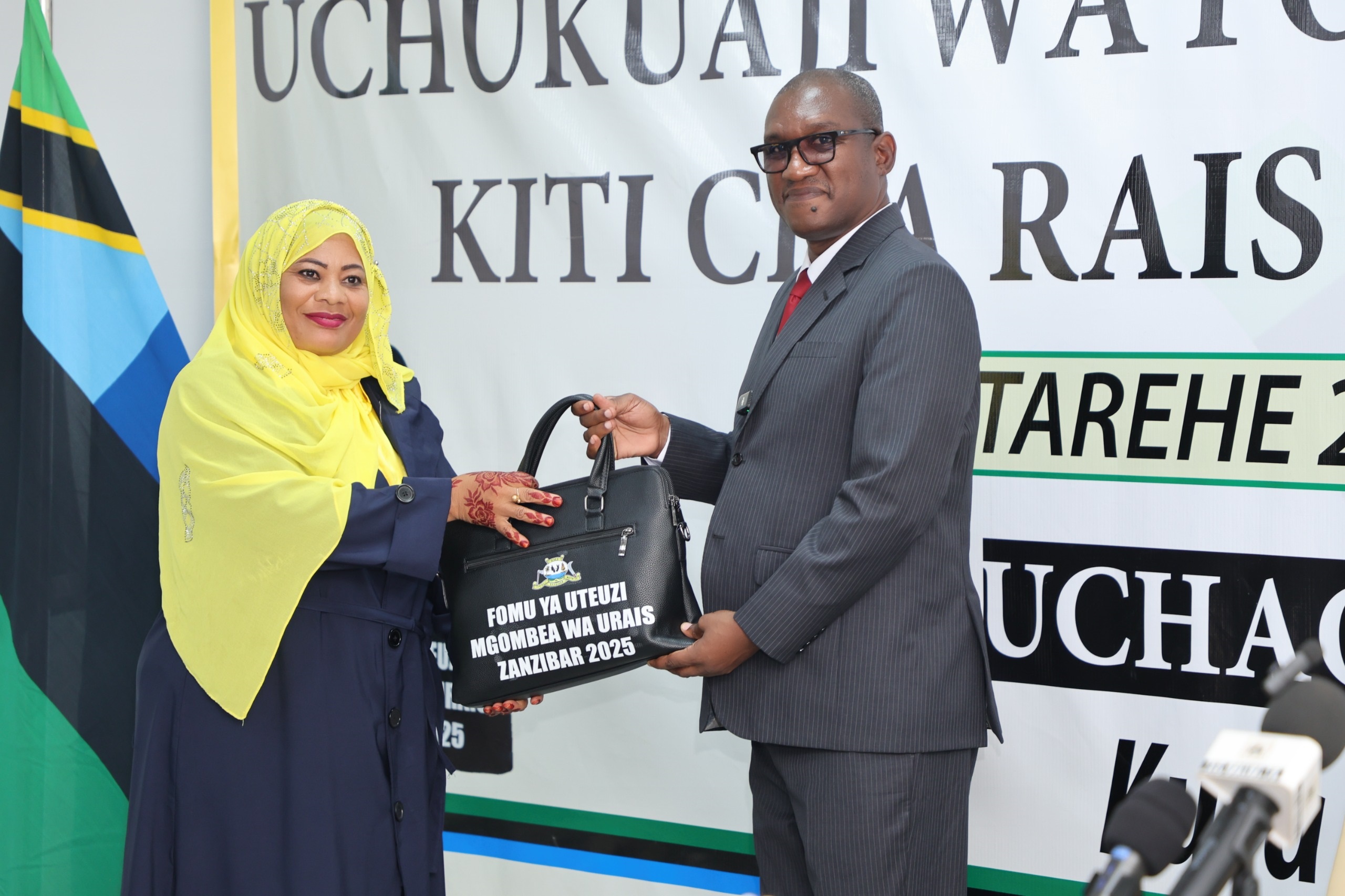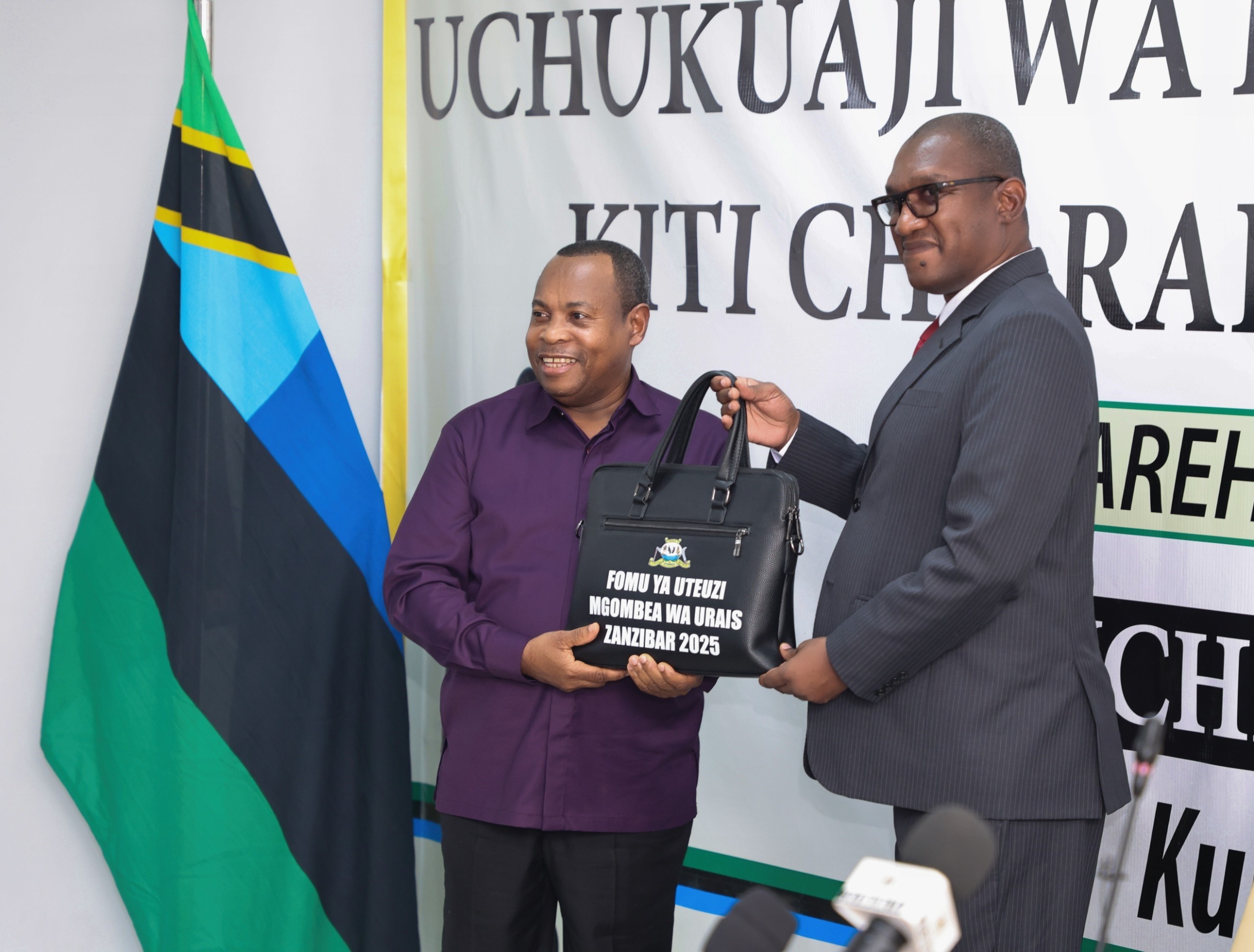In a changing world, teachers must master many subjects

KNOWLEDGE is a priceless asset as it drives socio-economic transformation. Having it in abundance costs nothing but stimulates thinking, leading to the creation of new ideas, concepts, and practices that are essential for development.
A school, as a center for knowledge dissemination, requires teachers who are skilled in multiple fields to meet students’ learning needs. Parents believe schools provide solutions to problems that require knowledge and trust teachers to shape their children’s futures.
This belief compels them to work hard to afford even the high fees charged by some schools.
The hope parents place on teachers and schools motivates teachers to continually pursue knowledge to meet expectations. Students also regard teachers as all-knowing individuals who deserve respect.
The confidence of both parents and pupils compels teachers to work diligently to maintain their reputation. When teachers answer all students’ questions, they earn greater trust, encouraging learners to value the knowledge they provide.
Schools become reliable through competent teachers who can deliver the knowledge society demands. Parents seek schools that excel in national examinations. One effective way to boost exam performance is to encourage teachers to gain expertise in multiple subjects.
Education systems often revise curricula to keep up with technological, social, and economic shifts. When new subjects are introduced, teachers who can adapt and teach across areas remain relevant.
If one teacher is absent due to illness, transfer or emergencies, a multi-skilled teacher can step in. This prevents disruption and ensures students don’t miss lessons.
When teachers master more than one subject it helps to improve pupil’s performance because teachers who know multiple subjects can connect concepts across disciplines, helping students understand better and perform well in exams. Today’s world is complex, shaped by rapid technological change and vast information access. Teachers need broad knowledge to guide students in navigating this environment.
Teachers possess different skills, techniques, and approaches to teaching. When they collaborate and share expertise in a subject, performance improves. Good results increase enrollment, creating the possibility of better salaries for teachers.
Multi-skilled teachers ensure learning continues even in the absence of one instructor. This consistency enhances content mastery, leading to improved student performance.
The rapid technological and social changes occurring globally require teachers to broaden their knowledge to help learners acquire essential skills for academic success and life in general.
The changing world prompts students to ask many questions, eager for answers. Teachers with knowledge across subjects can respond effectively to these inquiries.
If teachers consistently fail to answer questions, they may face disapproval from students, which can lower their morale. Today’s students are highly inquisitive, seeking deeper understanding of their environment.
With advanced communication systems, they have access to devices at home that generate numerous questions. Early exposure to mass media also allows them to follow discussions on radio or TV, stimulating their curiosity and leading to more questions.
Teachers must therefore master multiple subjects to maintain relevance in today’s competitive world. Several reasons justify this need.
Curriculum changes: Recent technological and social shifts have forced curriculum reforms, often introducing new subjects unfamiliar to current teachers. The only solution is for teachers to continually learn to stay relevant in the education system.
Transfers and emergencies: Teachers may be relocated, fall ill, or face social challenges that disrupt teaching. Multiskilled teachers ensure continuity, as timetables can be adjusted to cover absent colleagues.
Credibility: Teachers who answer students’ questions effectively retain respect and confidence in school. Credibility empowers teachers in their duties. To maintain it, they must keep learning daily, staying relevant and engaging students—improving performance as a result.
Economic considerations: Schools, especially private ones, operate on the principle of minimizing costs and maximizing profits. Owners prefer teachers who can handle multiple subjects to avoid hiring many staff, which increases expenses. Teachers who adapt to this expectation improve their chances of retaining or acquiring positions.
The complexity of modern life demands broad understanding. Teachers must continually update their knowledge by reading widely, attending seminars, and engaging in professional discussions. Updated skills and knowledge enable teachers to use modern methods, improving student understanding and exam results.
This enriches their expertise, enhances performance, and helps them remain competitive in the job market. Success in becoming multi-skilled also requires collaboration among teachers. Ultimately, teaching is mastering many subjects.
Top Headlines
© 2025 IPPMEDIA.COM. ALL RIGHTS RESERVED

























